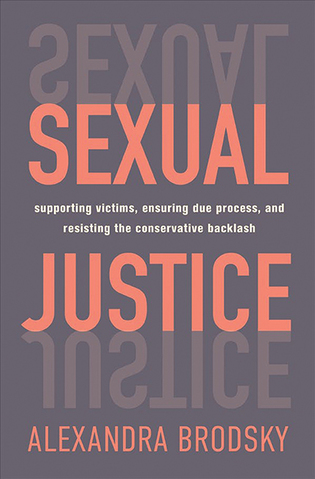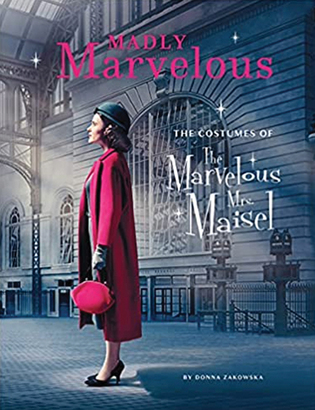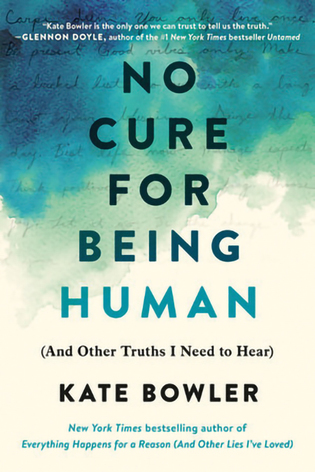
Sexual Justice
Alexandra Brodsky ’12, ’16JD
Metropolitan Books, $29.99
Reviewed by Nancy Gertner ’70MA, ’71JD (Ret.)
Sexual Justice by Alexandra Brodsky is a masterful account of the issues surrounding sexual violence. It is masterful because the author has managed to speak calmly but with empathy and compassion about a subject as fraught as this. Her empathy and compassion are not reserved for survivors; she believes that fair process in responding to sexual harassment accusations helps everyone—accuser and accused alike. “We can care about multiple things at once. We must,” she says.
Fair process, however, is not “one size fits all” and surely not the criminal prosecution model.
The key is Brodsky’s ability to balance her multiple perspectives: a survivor’s advocate; the founder of “Know Your IX,” which disseminated information about Title IX; a clear-eyed policy analyst; and a nascent scholar. From those vantage points, she describes and rejects “exceptionalism,” in which schools provide special protections to students accused of sexual harms—protection unavailable to those accused of any other kind of misconduct. Too often, this reflects a throwback misogyny, that women’s accounts of sexual violence are uniquely suspect. She also rejects the view that sexual violence must only be criminally prosecuted. And she underscores the limitations of the criminal legal system, focused on punishing defendants, not restoring victims.
Significantly, Brodsky writes for a lay audience: “If an employee punched a coworker or a customer in the face, all of us would be surprised if the bosses shrugged it off and just told the victim to report the incident to the police.” But although colloquial, her accounts are nuanced, critiquing both those on the right and the left, as if her internal monologue is external. Finally, Brodsky frames the issues in today’s politics—how to resist an anti-feminist backlash to Title IX, for example—offering a way through the division by someone whose real-life work gives legitimacy to her voice.
Nancy Gertner is a former federal judge and a Senior Lecturer at Harvard Law School.
___________________________________________________________________

Madly Marvelous: The Costumes of the Marvelous Mrs. Maisel
Donna Zakowska ’83MFA
Harry N. Abrams, $50
Reviewed by Rhonda Garelick ’83, ’91PhD
Donna Zakowska ’83MFA, an alum of the School of Drama, is the costume-design genius behind The Marvelous Mrs. Maisel, the wildly popular television series that follows 1950s Jewish-American princess Midge Maisel (played by Rachel Brosnahan) as she morphs from brisket-cooking young housewife into proto-feminist stand-up comic. Zakowska is now also the author of Madly Marvelous: The Costumes of the Marvelous Mrs. Maisel, a hefty tome overflowing with glossy illustrations.
As it turns out, Zakowska is a very fine writer, which means that this is more than a coffee-table book. It’s a serious meditation on fashion’s integral role in the creation of drama.
Mrs. Maisel is a deeply visual world, awash in saturated color, evocative locales (Manhattan, Paris, Miami), and, crucially, Zakowska’s almost edibly delectable fashions. Their shape, texture, palette, and allure narrate the series’s emotional and witty saga at least as powerfully as the script does.
In Madly Marvelous, Zakowska shares her creative process, from archival research, through fabric selection and character analysis, to garment construction. She explains the inspiration she draws from couturiers past (Dior, Givenchy), classic films and television shows (Funny Face, I Love Lucy), Paris flea markets, even the powdery candy colors of Ladurée macarons. Zakowska studied painting at the Ecole des Beaux-Arts and no detail escapes her classically trained eye—from the tilt of the hat, to the flow of a pocket, to how colors can shift our perception of character.
Color is Zakowska’s most powerful tool. Madly Marvelous breaks down her chromatic symbology for us: the range of pinks that track Midge’s transformation from demure to daring; the mutating greens that telegraph the heroine’s growing confidence; the way black signifies bohemian Greenwich Village, where Midge gets her start.
Most fun are Zakowska’s backstage revelations: her long quest for authentic 1950s undergarments (which she eventually had reconstructed by a French corset maker); her painstaking recreation of a Parisian cabaret drag show, or her decision to pattern the whimsical “onesie” worn by Midge’s eccentric father, Abe (played by Tony Shalhoub ’80MFA) after outfits worn by early fitness guru Jack LaLanne. Madly Marvelous will appeal to anyone fascinated by the power of fashion.
Rhonda Garelick is Dean of the School of Art and Design History and Theory at Parsons.
___________________________________________________________________

No Cure for Being Human: And Other Truths I Need to Hear
Kate Bowler ’05MAR
Random House, $27
Reviewed by Sue Halpern ’77
When she was 35, Kate Bowler ’05MAR was diagnosed with stage 4 colon cancer. The statistics were grim: she was told that just 14 percent of those with her diagnosis survive, where survival meant she might live another two years. Bowler is a historian of North American Christianity at Duke Divinity School, and her dual disciplines, history and theology, would serve her well as she investigated her disease and contemplated her mortality. Her luminous new book, No Cure for Being Human: And Other Truths I Need to Hear, is wry, wise, and often funny, a memoir that is less about dying than it is about living and the many ways we pretend the two are not connected.
Before she got sick, Bowler was a scholar of the prosperity gospel, that uniquely American belief that God rewards the faithful with riches, and she was already skeptical of the notion that one’s circumstances are part of God’s plan. Getting a terminal diagnosis reinforced her awareness of the randomness that often attends fortune. “While I believe that there may be rich meaning at every crossroad in our lives . . . I do not believe that God will provide for every need or prevent every sorrow. . . . Nothing will exempt me from the pain of being human.”
As luck—plus a strong support system and decent health insurance—would have it, a clinical trial with a new immunotherapy appears to have eradicated Bowler’s tumors. It has given her more time to exult in that pain and interrogate it. “So often the experiences that define us are the ones we didn’t pick. Cancer. Betrayal. Miscarriage. A novel coronavirus.” No Cure for Being Human is the perfect antidote to this third pandemic year.
Sue Halpern is a staff writer at the New Yorker and a Middlebury College Scholar-in-Residence.
 loading
loading

